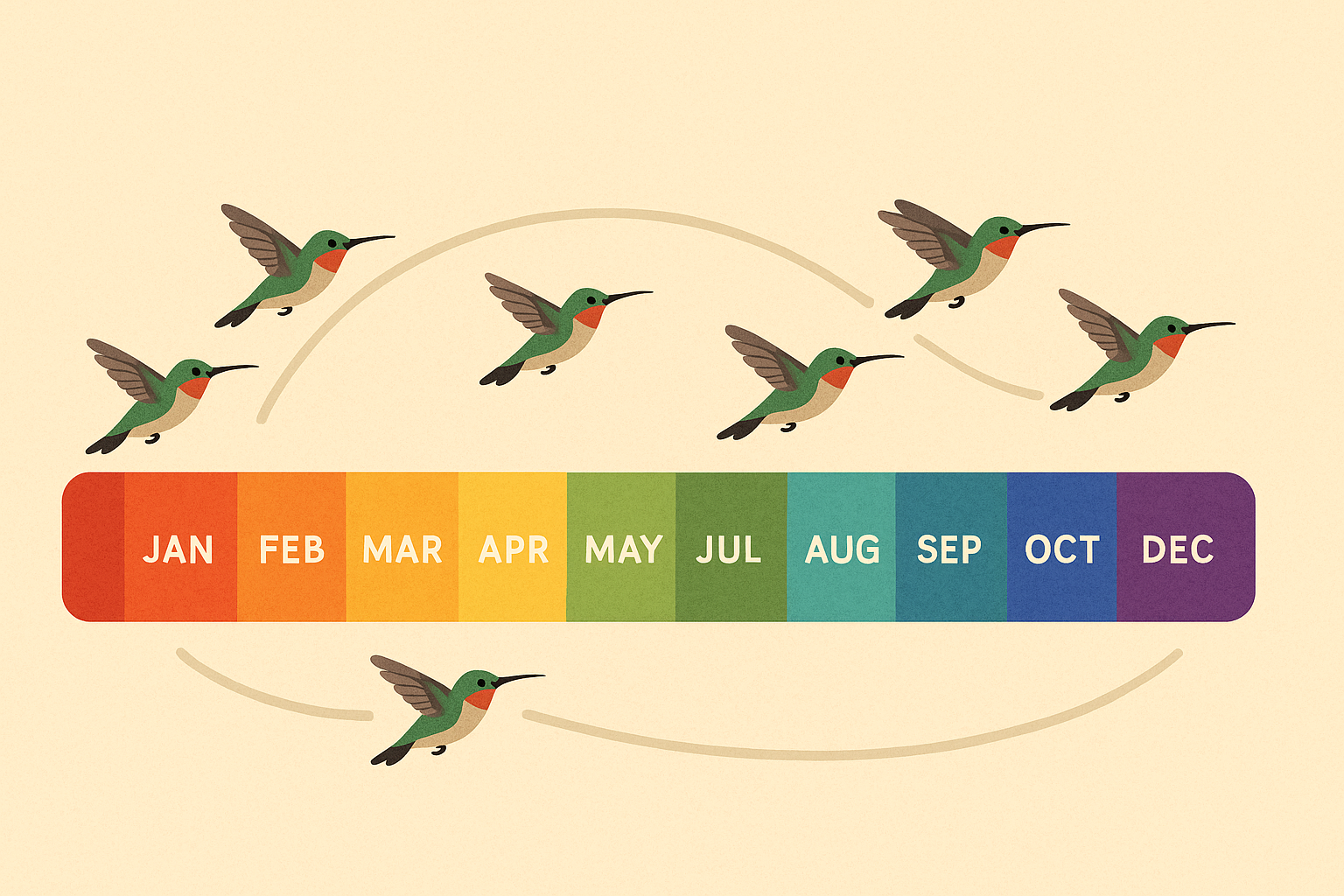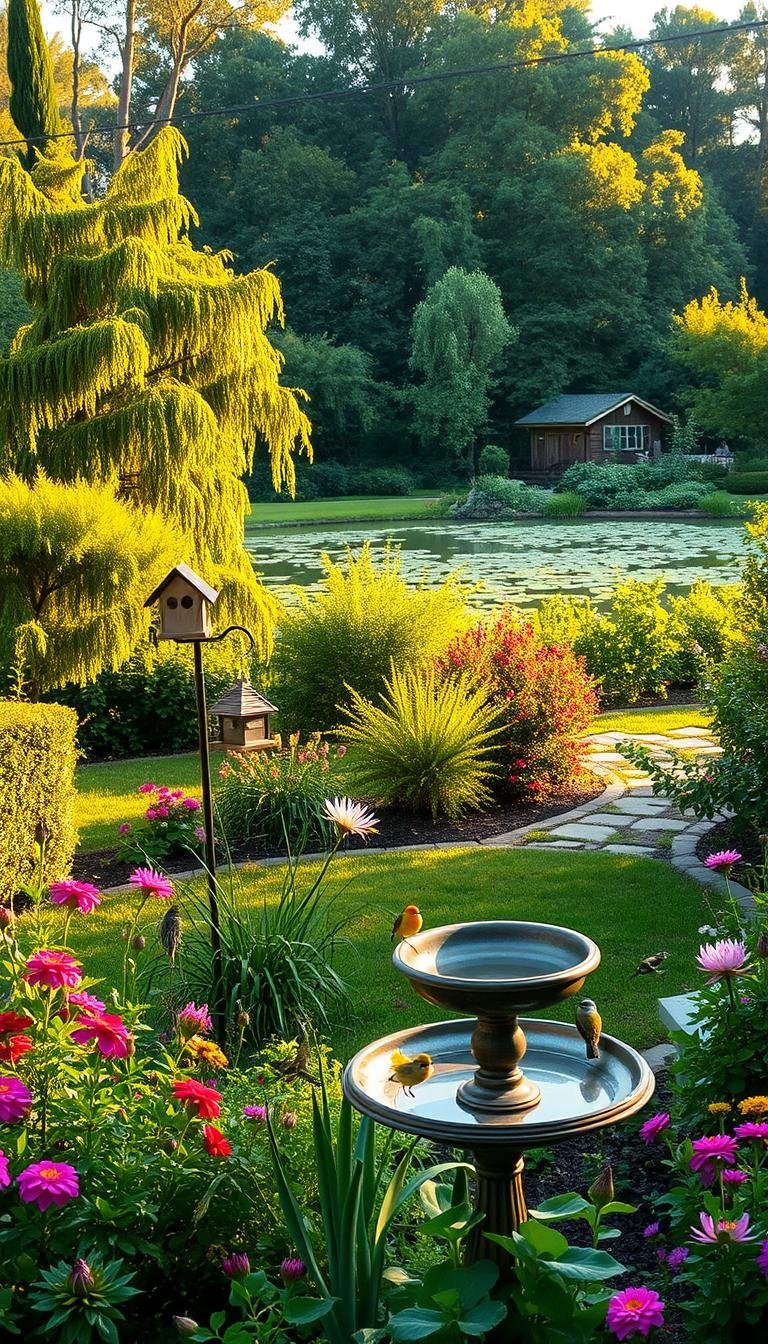Can I keep a cardinal as a pet? The short answer is no. Northern cardinals are protected by federal law. This makes it illegal to own, sell, or harm them in the U.S. and Canada. They are protected under the Migratory Bird Treaty Act of 1918 and the Convention for the Protection of Migratory Birds12.
Back then, their bright red feathers and cheerful songs made them popular pets1. But today, keeping them in captivity is against strict wildlife laws2.
Keeping a cardinal as a pet is against the law because of their protection. They eat seeds, fruits, and insects, helping their ecosystems3. Wild cardinals can live up to 15 years3. But owning one as a pet is not allowed anywhere.
You can attract them with sunflower seed feeders or birdbaths2.
Key Takeaways
- It is illegal to keep cardinals as pets in the U.S. and Canada under federal law12.
- Cardinals were once sought as pets for their color and song but are now fully protected1.
- Wild cardinals thrive on seeds and berries, avoiding captivity23.
- Legal penalties exist for violating bird protection laws12.
- Homeowners can attract cardinals using sunflower feeders and water sources2.
Understanding Cardinals and Their Protected Status
Northern cardinals are known for their bright red feathers and happy songs. They search for food in groups and sing over 200 different tunes. These birds can live up to 20 years in the wild4.

What Makes Cardinals Unique Birds
Cardinals help spread seeds and control bugs. They are loved for their bright colors and songs. But, they need to be free to migrate and breed4.
The Migratory Bird Treaty Act and Cardinals
For over 100 years, the Migratory Bird Treaty Act has banned keeping cardinals indoors as pets without a special permit5. Before, people kept them in cages for their beauty1. Now, breaking this law can cost up to $15,0001.
Legal Implications of Keeping Native Cardinals
People who harm or capture cardinals can face serious charges. It’s also illegal to have their feathers or nests without a permit1. Efforts are made to protect their natural habitats. There are about 120 million breeding pairs in the wild4.
Can I Keep a Cardinal as a Pet? The Legal Reality
In the U.S., owning a cardinal as a pet is not allowed. Federal law says you need a special permit to have native birds like cardinals. The Migratory Bird Treaty Act of 19186 makes it illegal to have their feathers, eggs, or live birds6.

In places like France and Spain, owning cardinals is okay7. But in the U.S., it’s not. Even if you mean well, you could get in trouble. Cardinals can live up to 15 years in a good home7.
But only if it’s legal where you live.
For those who can legally keep a cardinal, there are tips. But for U.S. folks, it’s better to look for other ways to enjoy these birds. Legal owners need to give their birds:
- A home that feels like the wild
- Food like berries and insects
- Special care and a vet for exotic birds7
Wildlife experts can help injured cardinals with the right permits7. But owning them without permission hurts the environment. Instead, U.S. folks can enjoy watching them in their natural habitats.
Why Cardinals Are Protected in the United States

Many think about keeping cardinals as pets, but it’s illegal. The cardinal bird as a pet is banned by the Migratory Bird Treaty Act. This law protects native birds like cardinals8. They help our environment and communities in many ways.
Ecological Importance of Wild Cardinals
Cardinals help our ecosystems by controlling pests and spreading seeds9. They eat beetles, grasshoppers, and berries, helping gardens. With 130 million cardinals, they support biodiversity9.
Conservation Efforts and Public Responsibility
Keeping cardinals safe needs everyone’s help. Here are some ways to help:
- Remove outdoor cats to stop bird hunting
- Use bird-safe glass to prevent crashes
- Plant native shrubs for nesting
Telling wildlife agencies about injured birds also helps8.
Penalties for Illegal Possession
| Violation | Penalties |
|---|---|
| Unlicensed capture | $15,000 fines or up to 6 months imprisonment |
| Selling cardinals | Criminal charges under federal law |
These penalties show how serious it is to harm protected species89.
Alternatives to Keeping Cardinals as Pets
Enjoying cardinals starts with legal, ethical choices. Many colorful birds make great pets. They follow wildlife laws. Red-factor canaries, zebra finches, and cherry-headed finches are good choices.
They have bright colors and sing well. Their cardinal pet diet includes seeds, greens, and finch pellets. They need cages with perches and nesting areas7.
- Red-factor canaries: Hardy singers needing 18″ x 18″ cages
- Zebra finches: Social flock birds requiring paired housing
- Cherry-headed finches: Prefer spacious aviaries with 70-80°F temps
Make your yard a cardinal-friendly habitat. Plant dense shrubs like dogwood and viburnum for nesting. Use sturdy feeders with black oil sunflower seeds and safflower seeds.
Add a heated birdbath in winter and avoid pesticides. These steps match their natural cardinal pet diet preferences10.
| Feature | Recommendation |
|---|---|
| Food | Black oil sunflower seeds, cracked corn, berries |
| Shelter | Evergreen trees for winter cover |
| Water | Shallow birdbaths with drippers |
| Planting | Native shrubs like sumac and serviceberry |
Watch cardinals ethically by observing their nesting. Use binoculars for courtship dances or join the Great Backyard Bird Count. Licensed rehabbers can care for injured birds legally.Learn cardinal behaviors to improve your backyard7.
Theoretical Cardinal Pet Care Requirements
Learning about the cardinal pet diet and cardinal pet health tips helps us understand their needs. Their care is complex and requires skill. These birds need big outdoor aviaries with native plants to feel at home11.
| Care Aspect | Requirements | Notes |
|---|---|---|
| Cardinal pet diet | 70% seeds, 20% insects (crickets, mealworms), 10% fruits | Commercial birdseed mixes lack natural nutrients11 |
| Housing | 300+ sq. ft. aviary with shrubs | Indoor enclosures cause color fading and stress |
| Health Monitoring | Yearly vet checkups | Feather loss may signal mites or molting cycles12 |
Wild cardinals eat over 30 plant species in summer11. A good cardinal pet diet includes calcium for egg-laying females. Molting season can make them look bald, but vet help is needed for long-lasting feather loss12.
They are social and need friends when not breeding11. With the right care, they can live 15-20 years in captivity. But, without proper care, their life is much shorter.
Special cardinal pet health tips include UVB lighting to prevent bone diseases. Wild diets give them the red color they need, but captivity can make their colors fade. Knowing how to change their diet with the seasons and how to fight parasites is key. This shows why we should protect wild cardinals under federal law.
Attracting Cardinals to Your Yard: The Next Best Thing
Keeping cardinals as pets is not legal. But, you can make your yard cardinal-friendly. This lets you enjoy their beauty without breaking the law. Design a space that looks like their natural home.
Start with the right feedersers. Platform feeders are great because they have stable perches for cardinals’ large size1314. Fill them with black oil sunflower seeds, safflower, and peanuts1315. Put feeders near shrubs or trees for quick escapes15.
- Get a birdbath with 2-3 inch depth for bathing. Cardinals love shallow water15.
- Plant native shrubs like dogwood and juniper for shelter and nesting sites1315.
- Leave seed-producing plants untrimmed in winter for food all year15.
Make a sanctuary with dense foliage. Cardinals nest in thick bushes and evergreens. Include serviceberry or elderberry in your landscaping13. Avoid reflective surfaces like windows to prevent collisions15.
Use telephoto lenses for photos without stressing them. Watch during dawn or dusk when they are most active15. Don’t approach nests and keep cats indoors to protect them.
By following these tips, you’ll make a welcoming space for cardinals. No need for a best cardinal pet enclosure. Their bright red feathers will visit every day. This shows that caring for wildlife is better than keeping them in a cage.
Conclusion: Appreciating Cardinals Responsibly
Keeping cardinals indoors as pets is against the law. These birds do best in nature, helping with seed dispersal and bug control. Instead, support their survival with ethical actions.
Make your backyard a welcoming place with feeders for sunflower and safflower seeds. Cardinals love these. This helps their numbers grow, thanks to food from humans16.
Watch how they nest: females build in shrubs 1–15 feet up, while males gather materials17. Dense bushes protect nests from predators like squirrels and snakes. This natural setup helps their eggs survive, despite dangers17.
Support their survival by preserving their habitat. This ensures healthy bird populations.
Use cameras or binoculars to watch their behavior. Cardinals raise 2–3 broods a year, with chicks leaving the nest at 10–11 days17. Teach others about their life cycles and legal protections.
Share info on conservation programs. This helps these birds thrive in the wild, not in cages.
How about starting a backyard garden? I have just what you need! 7 Steps to Birdscaping Your Garden



0 Comments